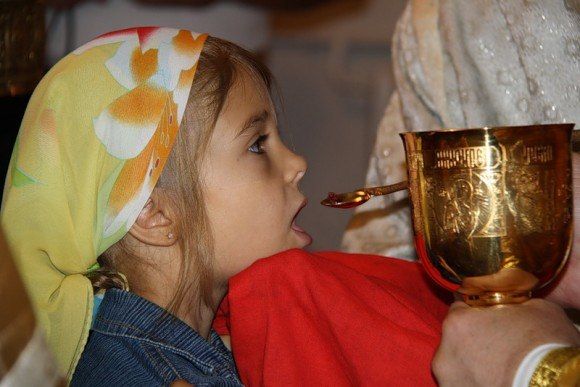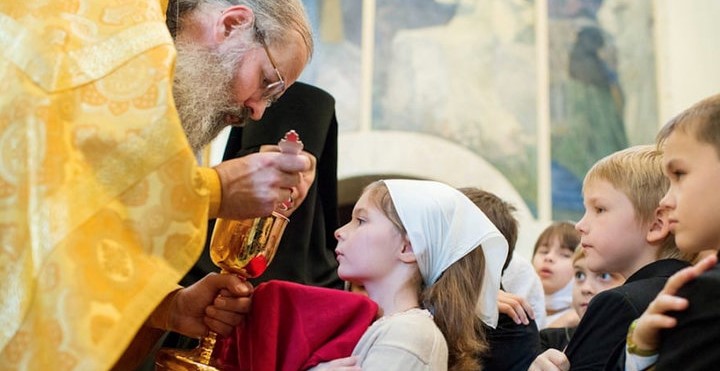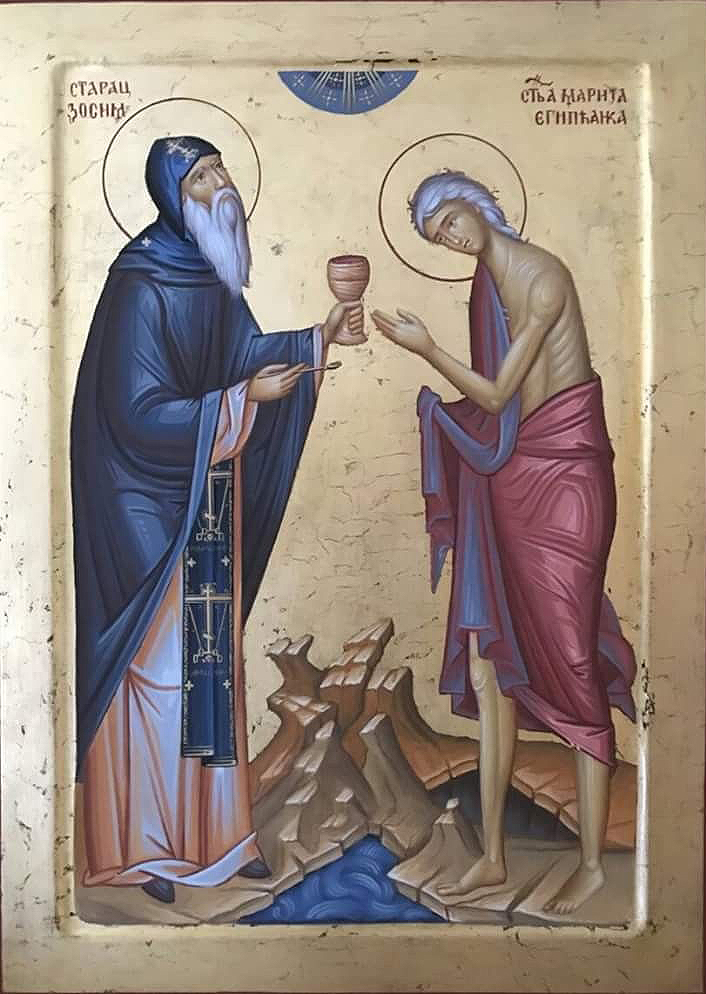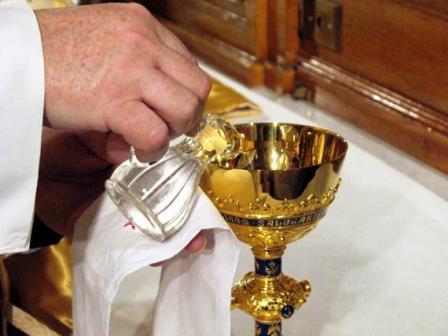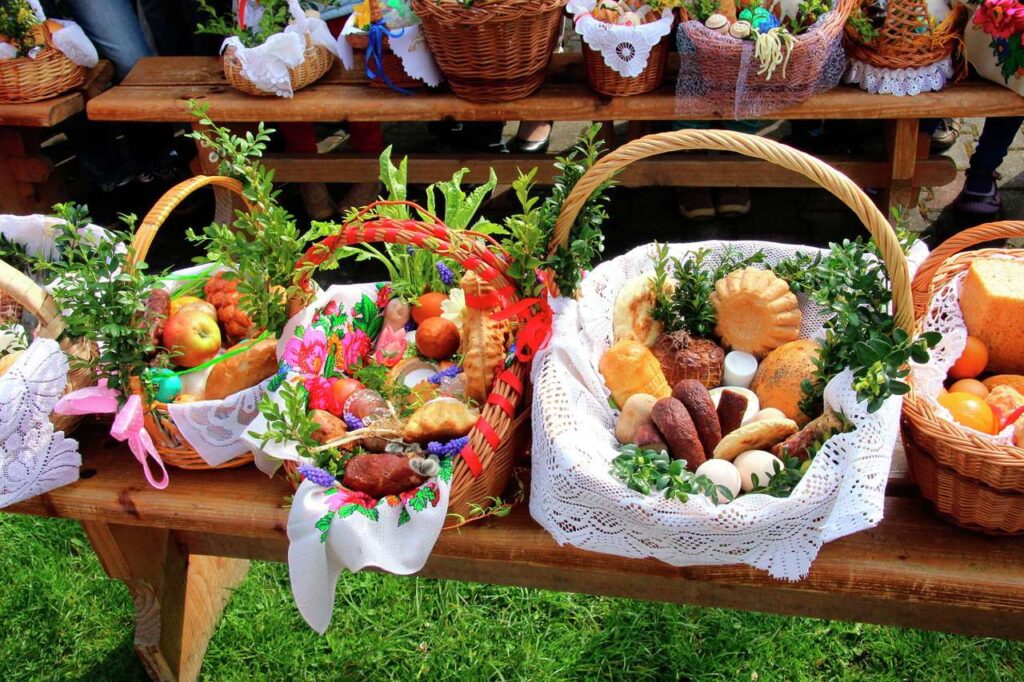
Concerning food that has been offered to idols, we know that we all have knowledge. Knowledge puffs us up but love builds us up. If anyone thinks that he or she knows something, that one does not yet know as he or she ought to know. (1 Cor. 8:1-2)
Having spent all of chapter 7 talking about various aspects of marriage, St. Paul turns to the subject of food. He discusses various aspects of food for the next three chapters of this epistle. Food was important to the Christians of Corinth. Food is still important to Christians today.
The Corinthian parish had evidently written to St. Paul and asked him several questions about food. What to eat? Who to eat with? How to maintain their Christian identity in connection with food?
St. Paul begins by pointing out that although all the Corinthians claim to have knowledge, there is both “false knowledge” and “true knowledge.” The difference is that true knowledge goes together with love. False knowledge puffs up people, making them proud and arrogant. True knowledge, united with love, brings people into fellowship with each other. “We have knowledge!” was apparently the slogan or motto of the faction of the parish that was proud and arrogant. St. Paul warns these people that too often the people who claim to know more or know better are–in fact–the ones who know the least about the truth.
“Whatever knowledge we may have, it is still imperfect,” said St. John Chrysostom when he was preaching about this passage. “Where God is concerned, we cannot even say just how wrong our perception of him is.” He warns them, “More than anyone else, the arrogant injure themselves.”

